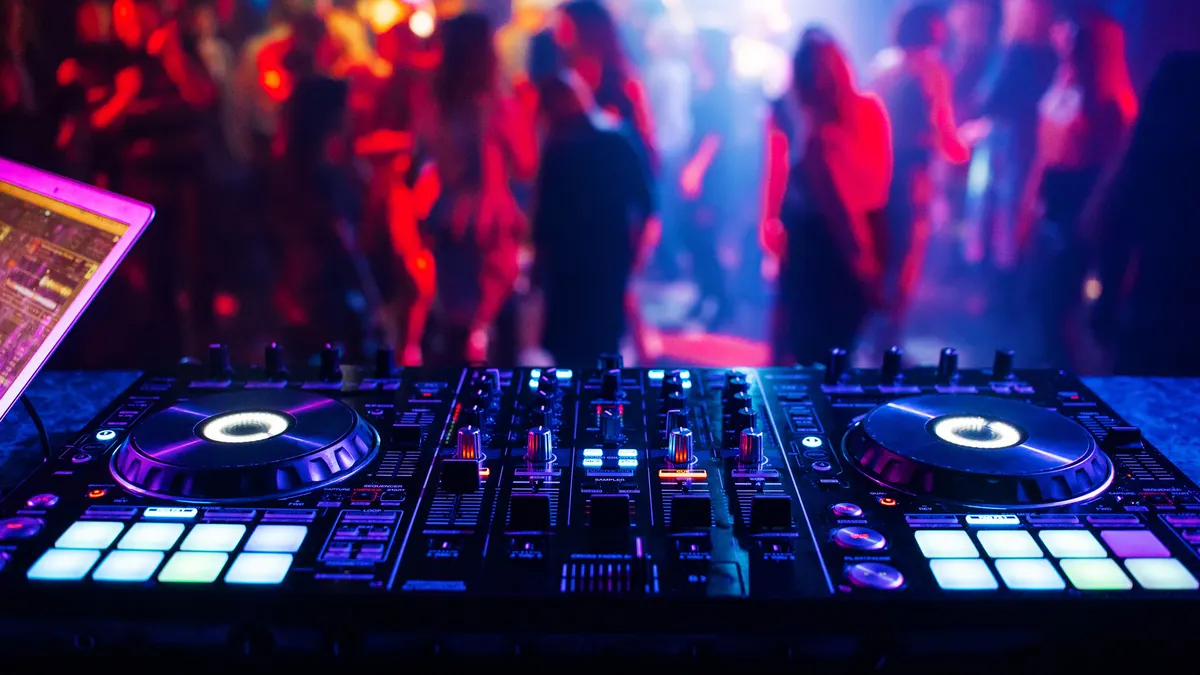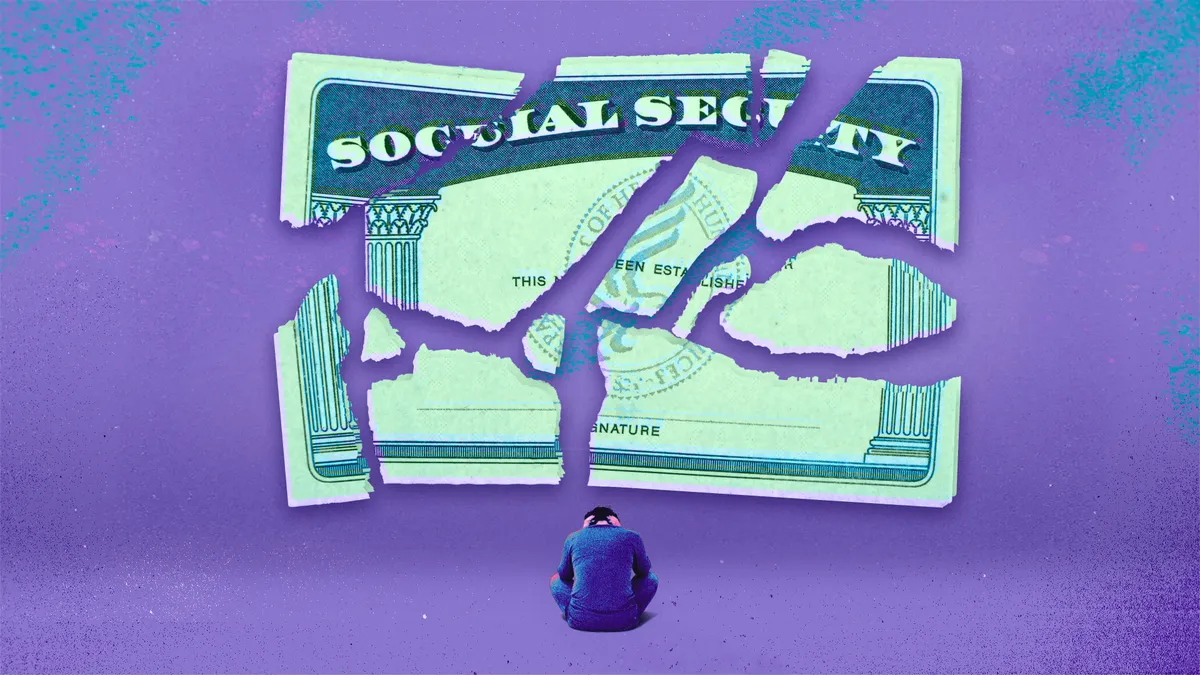South Carolina, known for its Southern charm, beautiful coastlines, and rich history, also has a few laws on the books that might raise some eyebrows. One of the more peculiar regulations involves a restriction on a particular activity after midnight, sparking curiosity and surprise among both residents and visitors. In this article, we’ll explore the strange law that prohibits one activity in South Carolina after the stroke of midnight and delve into its origins and implications.
The Law in Question: Banning Dancing After Midnight
In South Carolina, there exists a little-known law that prohibits dancing after midnight unless the establishment holds a special permit. This quirky regulation falls under the state’s alcohol laws and has become one of the most bizarre and surprising laws in the state. While dancing is certainly a common and cherished activity across the nation, South Carolina’s unique rule adds a strange restriction after the clock strikes 12.
The law primarily affects bars, clubs, and restaurants that want to offer a dance floor after midnight. According to the regulation, any establishment that serves alcohol must adhere to this rule and stop dancing once the clock hits 12:00 AM unless they have a special license or exemption.
Origins of the Law
The origins of this law date back to the 1950s and 1960s when South Carolina, like many other states, sought to impose alcohol-related regulations that reflected the social and cultural climate of the time. At that point, concerns about public safety and behavior in drinking establishments were prevalent, and lawmakers introduced various restrictions to curb potential issues that could arise late at night.
While the law’s exact origin story is a bit murky, it likely stemmed from a desire to control nightlife activities and limit disturbances in communities. Over the years, the law has remained on the books, largely ignored or forgotten by many, but still technically enforceable.
How the Law Affects Businesses
For businesses like bars, nightclubs, and even some restaurants, the law presents a unique challenge. If these businesses wish to offer dancing to their patrons after midnight, they are required to apply for a special entertainment permit. This often involves additional paperwork, fees, and inspections. While these permits are generally not difficult to obtain, the requirement itself is a reminder of the more antiquated regulations that remain in place in some parts of the country.
Some businesses in Charleston, Greenville, and other larger South Carolina cities, known for their vibrant nightlife scenes, have become aware of this law and take steps to ensure compliance. In some cases, dancing is limited to a certain time, and DJ sets or live music are used instead to keep the energy high without breaking any rules.
The Ongoing Debate: Is It Time for Reform?
Despite its quirky nature, the law continues to exist, and many have questioned whether it should be updated or even repealed entirely. Advocates for reform argue that it’s an outdated regulation that no longer serves any meaningful purpose in modern society. They argue that such laws unnecessarily restrict business owners and limit the freedom of individuals to enjoy their evening activities.
On the other hand, proponents of the law argue that it is an important part of maintaining order and safety in nightlife venues. They suggest that maintaining a limit on dancing after midnight could help minimize issues like excessive alcohol consumption, disturbances, or unsafe behavior that sometimes arises in late-night environments.
Some cities in South Carolina, particularly those with strong tourism and entertainment industries, have pushed for changes to this regulation, arguing that it is no longer relevant in a more diverse and vibrant cultural landscape. However, as of now, the law still stands in its original form, awaiting any possible changes or amendments by lawmakers.
The Takeaway: A Quirky Law Still in Place
Though it might sound strange to outsiders, South Carolina’s midnight dancing ban is one of the more unique aspects of the state’s regulations. While many businesses have learned to navigate this law with the proper permits, it remains a fascinating reminder of how laws can sometimes reflect outdated cultural norms. As debates about reform continue, it’s possible that this curious regulation could be revised or even eliminated in the future, but for now, it still holds sway in the Palmetto State.
For more information about South Carolina’s nightlife laws or to learn more about obtaining permits for entertainment venues, visit South Carolina Alcoholic Beverage Laws.
Note: Every piece of content is rigorously reviewed by our team of experienced writers and editors to ensure its accuracy. Our writers use credible sources and adhere to strict fact-checking protocols to verify all claims and data before publication. If an error is identified, we promptly correct it and strive for transparency in all updates.








